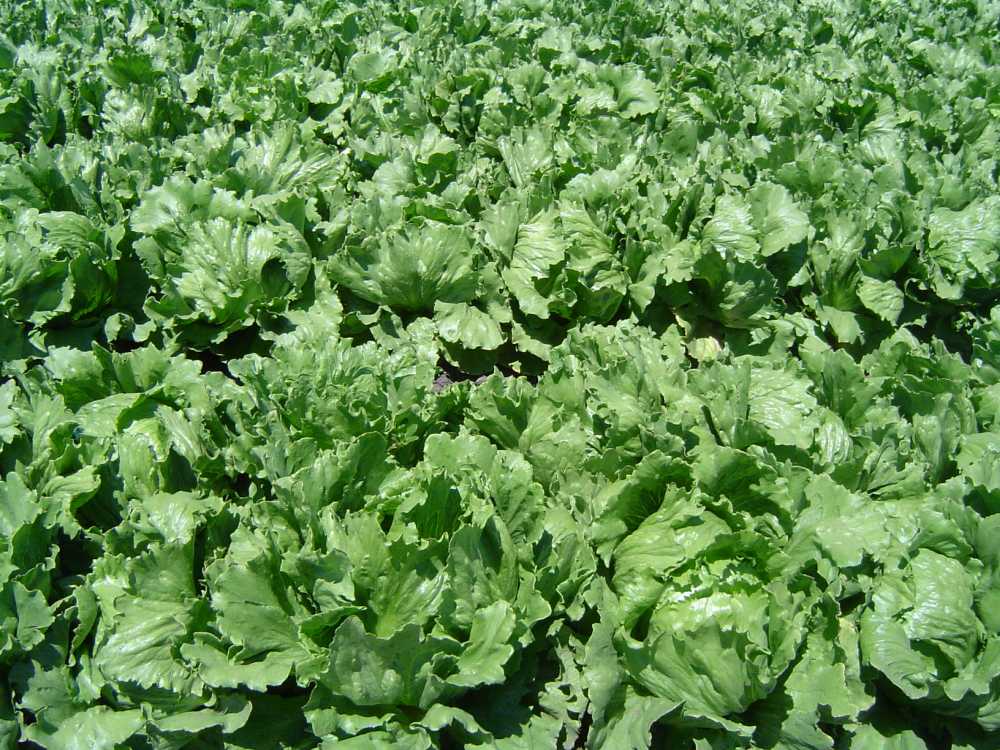
New research has shown how juices from damaged salad leaves 'massively stimulate' Salmonella growth and salad leaf colonisation.
Investigations by Leicester University microbiologists have revealed that just a small amount of damage to salad leaves can stimulate the presence of the food poisoning bug Salmonella in ready-prepared salad leaves.
The scientists have discovered that juices released from damaged leaves also had the effect of enhancing the virulence of the pathogen, potentially increasing its ability to cause infection in the consumer.
The research investigates novel methods of preventing food poisoning pathogens from attaching to the surface of salad leaves to help producers improve food safety for consumers. This latest study, published in Applied and Environmental Microbiology, found that juices from damaged leaves in bagged spinach and mixed salad increased Salmonella pathogen growth 2400-fold over a control group and also enhanced their adherence to surfaces and overall virulence, or capacity to cause disease.
'Growers must maintain high food safety standards'
Dr Primrose Freestone of the Department of Infection, Immunity and Inflammation said: “Salad leaves are cut during harvesting and we found that even microliters of the juices (less than 1/200th of a teaspoon) which leach from the cut-ends of the leaves enabled Salmonella to grow in water, even when it was refrigerated. These juices also helped the Salmonella to attach itself to the salad leaves so strongly that vigorous washing could not remove the bacteria, and even enabled the pathogen to attach to the salad bag container.
“This strongly emphasises the need for salad leaf growers to maintain high food safety standards as even a few Salmonella cells in a salad bag at the time of purchase could be become many thousands by the time a bag of salad leaves reaches its use by date, even if kept refrigerated. Even small traces of juices released from damaged leaves can make the pathogen grow better and become more able to cause disease.
"It also serves as a reminder to consume a bagged salad as soon as possible after it is opened. We found that once opened, the bacteria naturally present on the leaves also grew much faster even when kept cold in the fridge.
“This research did not look for evidence of salmonella in bagged salads. Instead, it examined how Salmonella grows on salad leaves when they are damaged."
